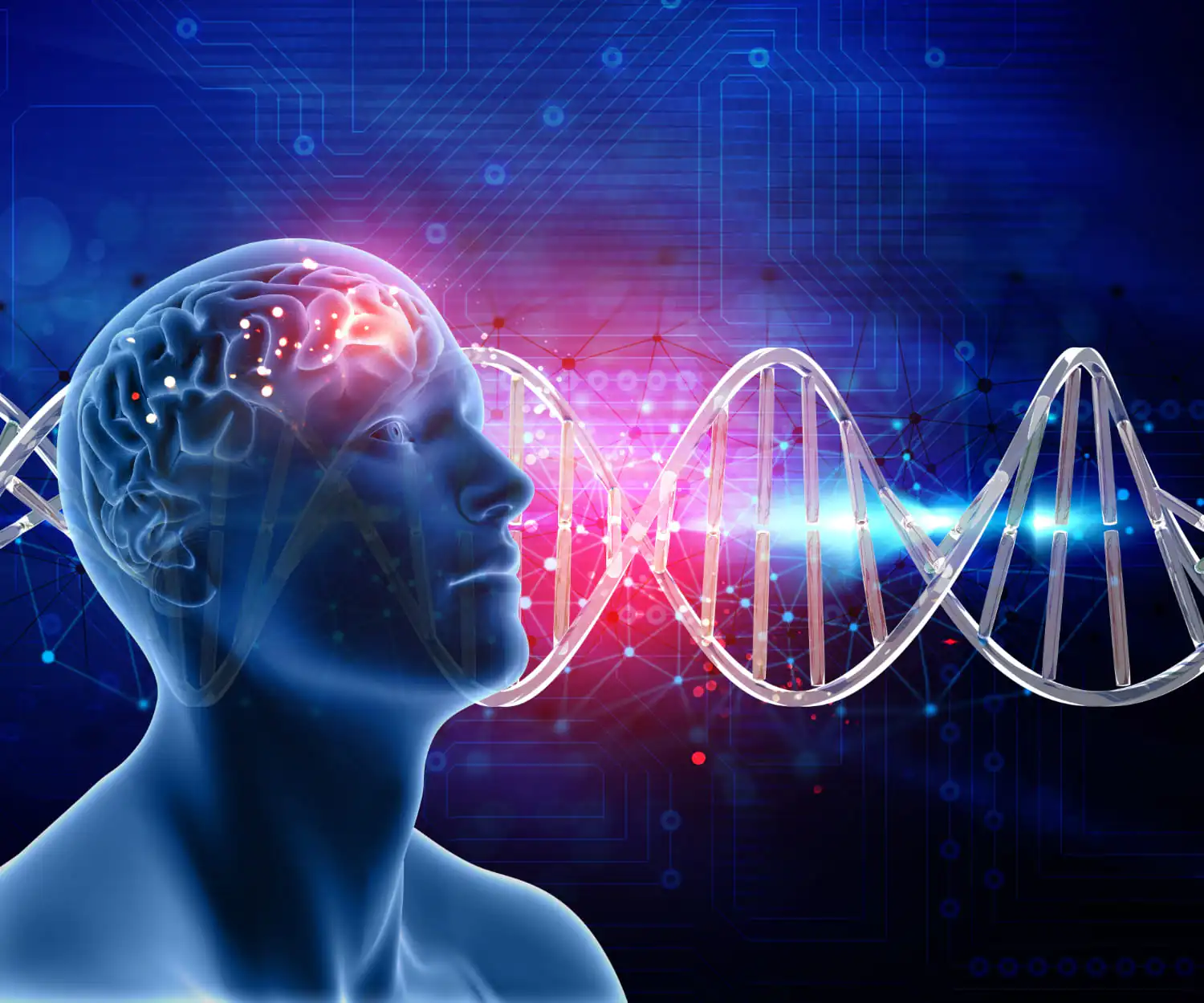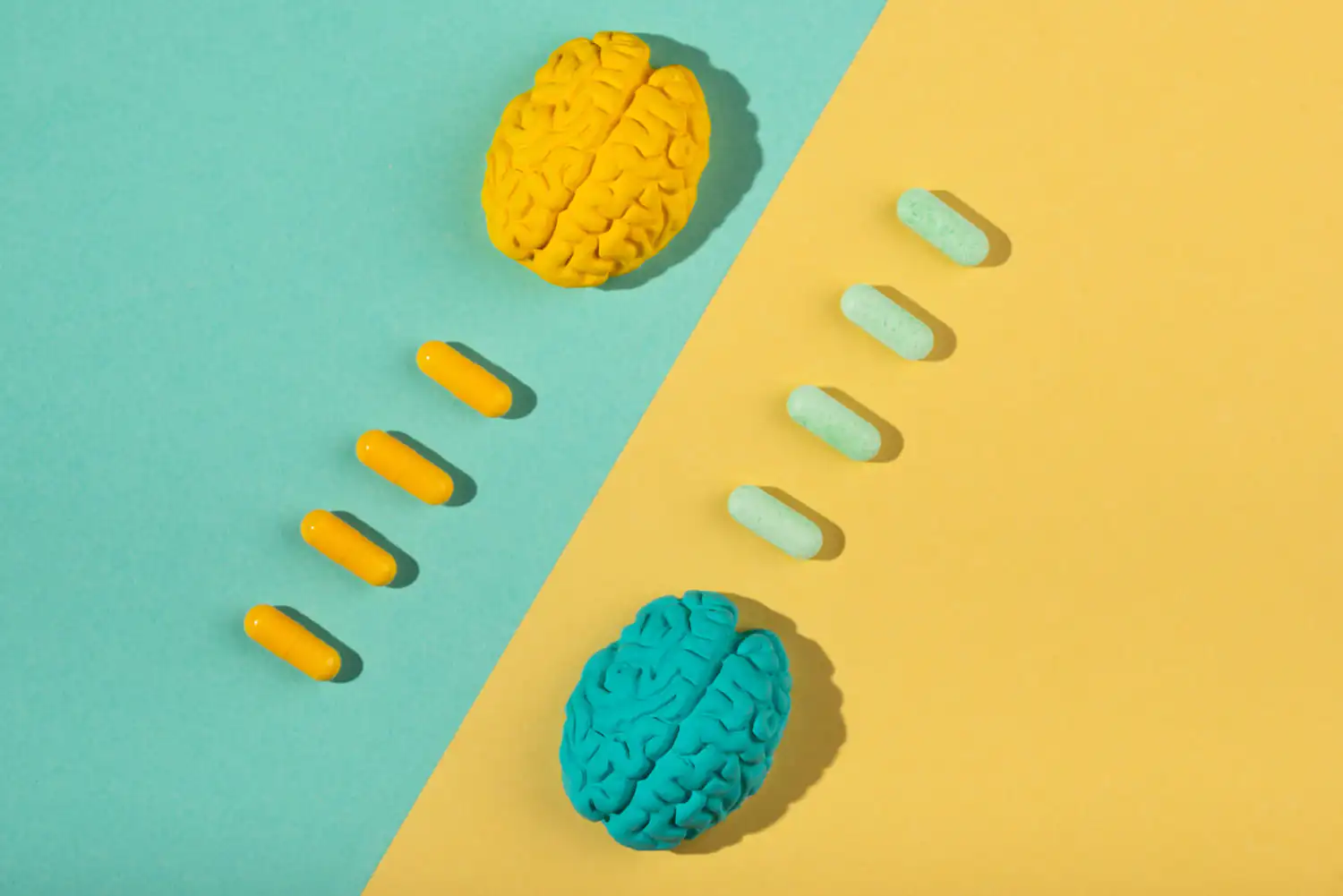
What is Dopamine? What Does Dopamine Do?
Dopamine is one of the brain’s chemical messengers and an important neurotransmitter that carries messages between nerve cells. It plays a role in many functions of the body. The balance of this chemical is essential for a healthy and balanced mood. A lack or excess of dopamine can significantly affect individuals’ behavior and emotional states. “What is dopamine?” You can take a look at the rest of the text to examine the question more closely.
What is Dopamine?
Dopamine is a neurotransmitter that transmits signals between nerve cells in the brain. By supporting the communication between nerve cells, it enables many regions in the brain to work in coordination. Dopamine regulates many different functions, such as movement control, emotional responses, reward mechanism, and motivation. It plays an important role in both physiological processes and psychological responses by acting in different ways in different parts of the brain. Although dopamine is known as the “happiness hormone”, it is effective not only in pleasure but also in important mental processes such as focus, decision-making and planning. The level of dopamine directly affects the performance of individuals in their daily lives and their general health status. It can also affect the course of some neurological disorders, such as Parkinson’s disease.
What is Dopamine Detox?
Dopamine detox is a type of self-renewal process in the brain to prevent overstimulation of dopamine. This method aims to balance the dopamine system, which is overstimulated in today’s society under the influence of digital devices, social media and constant stimulants. Dopamine detox aims to restore the chemical balance in the brain by taking a break from dopamine-responsive activities that individuals habitually engage in for a certain period of time, such as social media use, overeating or excessive video game playing. The goal is to regain sensitivity to natural rewards and break dependence on artificial stimuli. This type of detox can improve mental health and help develop healthier habits.
What is Dopamine Addiction?
Dopamine addiction occurs when dopamine release constantly increases to high levels and this situation creates a habit in the individual. When the reward system in the brain is overstimulated by activities that promote the continuous release of dopamine, the person begins to repeat these behaviors continuously. Dopamine addiction can result in an individual’s inability to control their urge to satisfy themselves and organize their life according to these behaviors. This can lead to psychological and physical problems because the individual is constantly looking for activities that release more dopamine.
What Does Dopamine Do?
Dopamine regulates many functions of the brain related to motivation, reward, learning, and movement. Dopamine, which many people associate with “pleasure” and “reward,” actually functions as a mechanism that allows people to achieve their goals. The functions of dopamine can be listed as follows:
- Motivation and Goal Orientation: Dopamine increases motivation and encourages progress towards goals. The brain’s reward system releases dopamine when a goal is achieved. This rewarding mechanism also motivates the person for future success. This process helps to focus on success and personal growth.
- Learning and Memory: Dopamine plays an important role in learning and memory processes. When you learn something new or encounter information, dopamine is released, which allows the learned knowledge to be reinforced. It is also effective in learning new skills.
- Movement and Motor Control: Dopamine has an important function, especially in the regulation of movements. Conditions such as Parkinson’s disease are caused by a lack of dopamine, which leads to symptoms such as movement disorders and muscle stiffness.
- Reward and Pleasure: Dopamine is associated with “reward” and “pleasure.” Dopamine activates the brain’s reward centers, which leads people to repeat activities they enjoy. The food you eat, a fun activity you do, or feelings of accomplishment increase the release of dopamine, causing you to feel pleasure.
Why Is Dopamine Important?
The hormone dopamine has a wide range of functions in the brain and body and plays an important role in both physiological and psychological processes. The importance of dopamine in general is that it affects the brain’s systems related to reward, motivation, learning, movement, and pleasure. It regulates a number of vital functions by providing communication between nerve cells in various parts of the body. It forms a bridge between motivation and action, shaping basic human behavior and experience. It is essential for goal-oriented behavior, as it helps to focus on rewards and persevere in the face of adversity. This neurotransmitter enables learning from experiences by associating actions with consequences, which in turn forms the basis for habit formation and skill acquisition.

The Psychological Importance of Dopamine
Dopamine can directly affect the mood and quality of life of individuals from a psychological point of view. When the dopamine level drops, people’s mood deteriorates, they cannot enjoy themselves and their interest in life decreases. Depression can be a frequent consequence of low dopamine levels. Likewise, an excessively high dopamine level can lead to symptoms of restlessness, excessive excitement and even psychosis in the individual. Therefore, the balance of dopamine is of great importance for a healthy psychological state.
How Is Dopamine Deficiency Diagnosed?
Dopamine deficiency can manifest itself in the body in various symptoms. These symptoms include depressed mood, lack of motivation, loss of energy, distraction, appetite changes, sleep disturbances, and overall lack of enjoyment of life. Dopamine deficiency can be associated with neurological diseases such as Parkinson’s disease, as well as be the root cause of psychological conditions such as depression. In addition, the dysfunction of the dopamine-dependent reward system can push the person into social isolation and reduce their overall quality of life. Because dopamine levels naturally fluctuate throughout the day, it’s important to recognize patterns rather than individual symptoms.
What Are the Symptoms of Dopamine Excess?
An excess of dopamine can also lead to health problems. Excessively high dopamine levels can create psychological problems. Symptoms of this condition include excessive excitement, anxiety, hyperactivity, risky behaviors such as drug and alcohol addiction, overconfidence, and risk-taking behaviors. Dopamine excess can also be associated with serious psychiatric illnesses such as psychosis and schizophrenia. For this reason, an excess of dopamine is a condition that needs to be treated, just like its deficiency.
How Does Dopamine Increase?
Natural methods of increasing dopamine include lifestyle changes that promote healthy neurotransmitter function. Regular exercise, especially aerobic activities, naturally increases dopamine levels. A balanced diet rich in protein provides the amino acids necessary for dopamine synthesis. Getting enough sleep, exposure to natural light, and maintaining strong social connections all support healthy dopamine function. Engaging in challenging but achievable goals creates natural dopamine rewards, while mindfulness practices can help regulate dopamine sensitivity. In addition, positive social interactions and a sense of accomplishment can also help increase dopamine. In general, doing activities that reward the brain, learning a new skill, or working on a creative project can trigger dopamine production.
How to Eliminate Dopamine Deficiency?
A comprehensive approach is required to address dopamine deficiency. First of all, lifestyle changes such as establishing regular sleep patterns and maintaining a consistent exercise routine are important. Nutritional supplementation with tyrosine-rich foods (such as eggs, fish, and nuts) can help provide the building blocks for dopamine production. Stress management techniques, including meditation and breathing exercises, can help optimize dopamine function. In some cases, professional medical attention may be required, especially if the deficiency is due to underlying health conditions. For example, psychotherapy and certain medications can be effective in treating dopamine deficiency. Dopamine supplement treatment methods can be applied, especially in the treatment of depression.
How Is Dopamine Secreted?
The secretion of dopamine involves a complex biological process that begins in specialized neurons. These neurons synthesize dopamine from tyrosine through a series of enzymatic reactions. The dopamine produced is stored in vesicles inside neurons, ready to be secreted. When neurons are activated by the appropriate stimuli, these vesicles fuse with the cell membrane to release dopamine into the synaptic space. This oscillation is carefully regulated by a variety of factors, including feedback mechanisms and other neurotransmitter systems. Once dopamine is released, it motivates the person to repeat rewarding behaviors. Dopamine is transmitted to various brain regions through dopaminergic pathways, and each region is associated with different functions. This allows dopamine to create a multifaceted effect. The release of dopamine can be supported by a variety of activities, such as naturally exercising, healthy eating, social interactions, creative activities, and spending time in nature. Having dopamine in balance helps maintain both physiological and psychological health, which is why dopamine production should be constantly increased through healthy lifestyles. If you experience symptoms of dopamine deficiency or excess, you can provide early diagnosis with an online doctor consultation. In this way, you can make risk assessments with regular health checks through online health applications.




